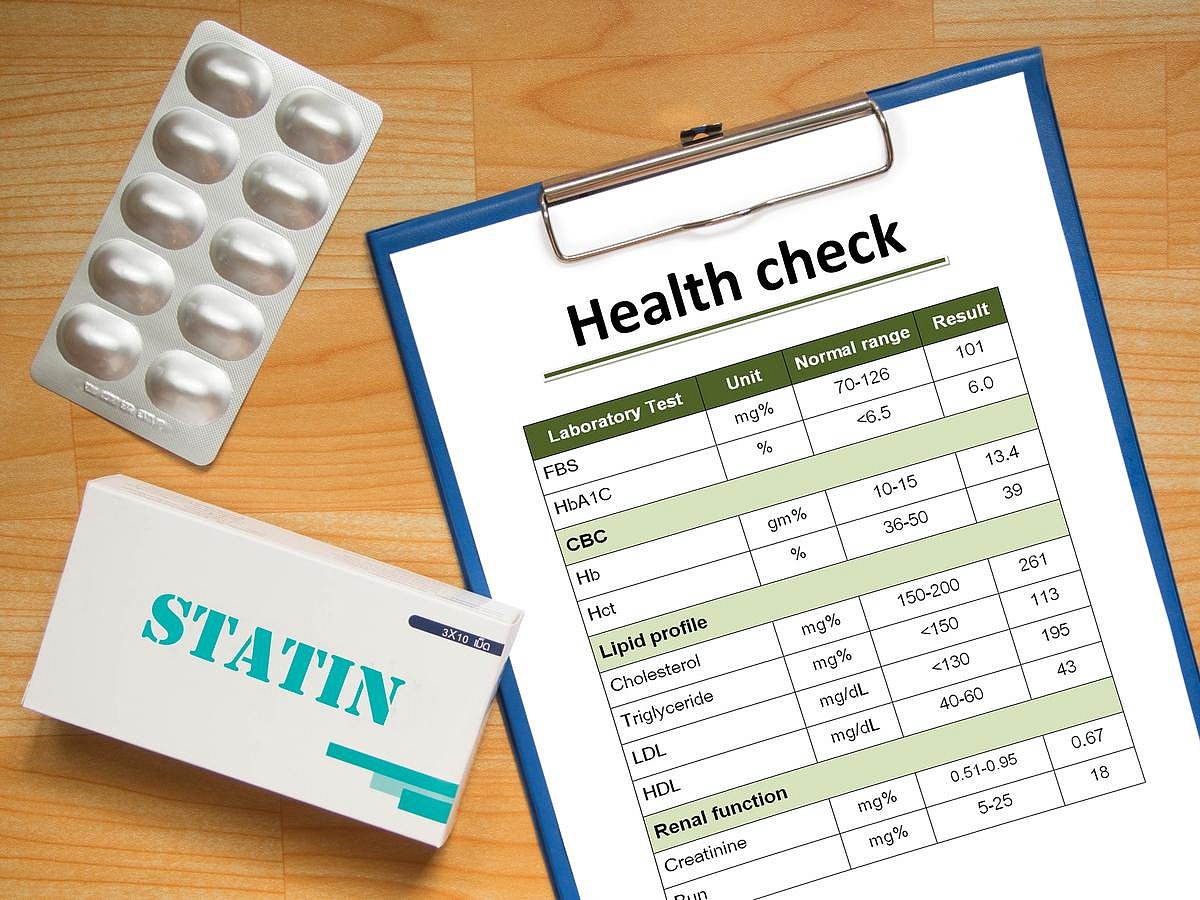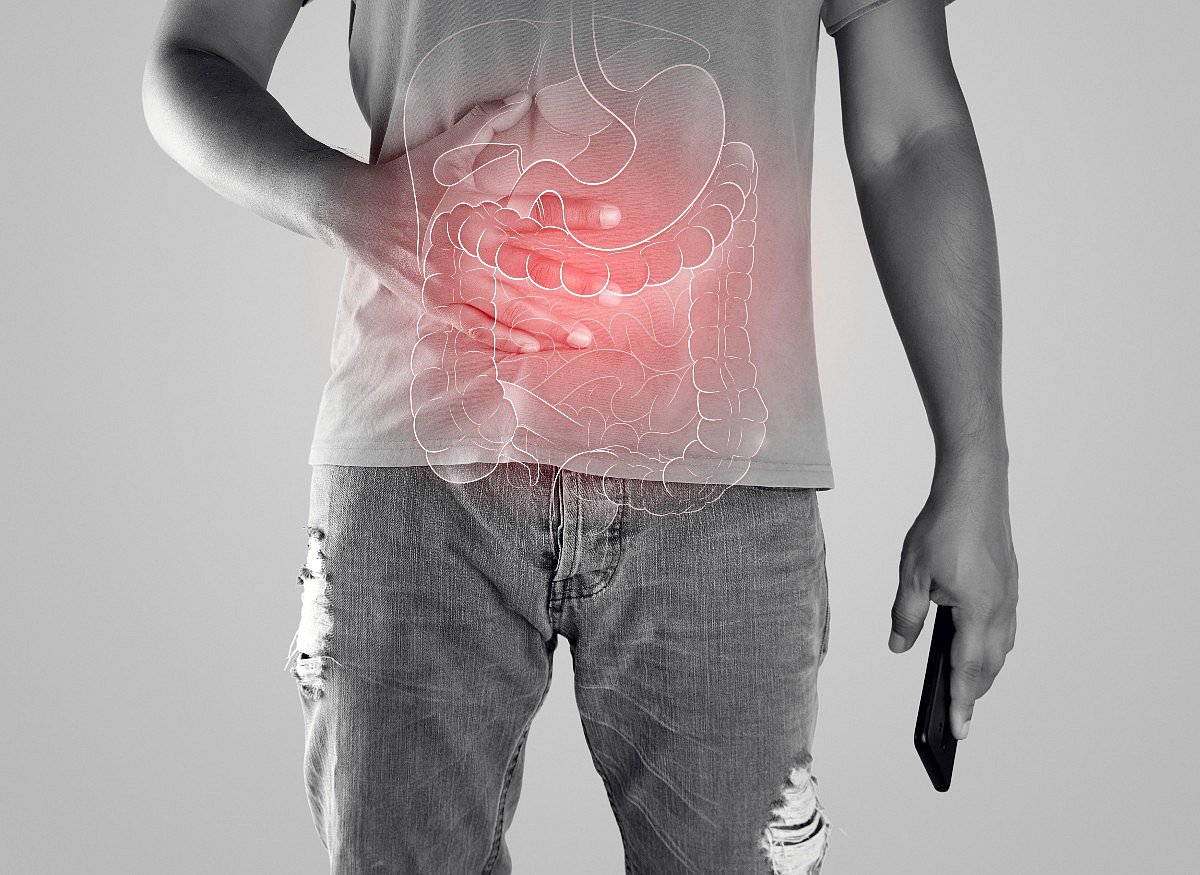
Fireworks are the pinnacle of many Fourth of July celebrations, and while they can be festive and fun, they can also land you in the emergency room if you don’t take proper precautions, experts warn. About 250 people a day wind up in the ER with fireworks-related injuries in the month before and after Independence… read on > read on >






























